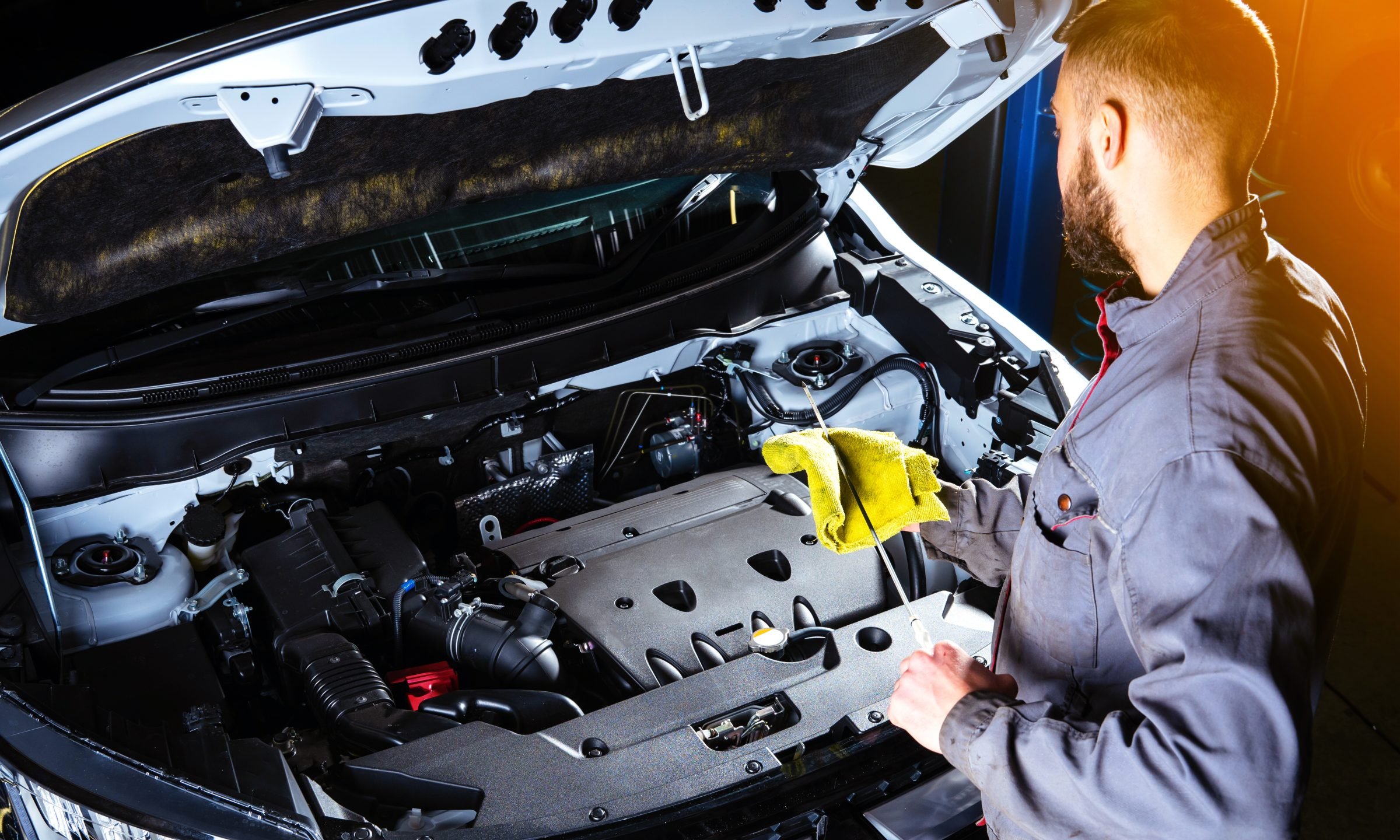A Guide to Maintaining Your Car’s Performance: Tips for Every Season
Maintaining your car’s performance throughout the year is crucial for ensuring its longevity, reliability, and safety. Each season presents unique challenges and requires specific maintenance practices to keep your vehicle in top shape. This guide provides essential tips for maintaining your car’s performance, no matter the season.
Spring: Preparing for Warmer Weather
As winter fades and spring arrives, it’s important to get your car ready for the warmer months:
- Check and Replace Fluids: Spring is a great time to check your car’s fluids, including engine oil, coolant, brake fluid, and windshield washer fluid. Ensure they are at optimal levels and top them up or replace them as needed.
- Inspect Tires: With changing temperatures, tire pressure can fluctuate. Check your tire pressure and adjust it to the recommended levels. Also, inspect tires for any signs of wear or damage and consider rotating them if needed.
- Clean and Detail: After the winter, your car might be covered in salt and grime. Give it a thorough wash and wax to protect the paint and prevent rust. Clean the interior as well to remove any accumulated dirt and debris.
Summer: Managing Heat and Increased Usage
Summer brings higher temperatures and often more driving, so take these steps to ensure your car performs well:
- Monitor the Cooling System: Check the radiator and coolant levels regularly to prevent overheating. Ensure that the cooling system is functioning properly and look for any leaks.
- Inspect Air Conditioning: Make sure your air conditioning system is working efficiently. Have it serviced if it’s not blowing cold air or if you notice any unusual noises.
- Check Battery Condition: High temperatures can affect your car battery’s performance. Inspect the battery for any signs of corrosion and ensure it is securely mounted.
Fall: Preparing for Cooler Weather
As temperatures begin to drop and the days get shorter, it’s important to prepare your vehicle for the fall season:
- Inspect Brakes: Check your brake pads and discs for wear. As the weather cools and road conditions change, it’s essential to ensure your braking system is in top condition.
- Replace Wipers and Fluid: Fall often brings rain and fallen leaves. Replace windshield wipers if they are worn and ensure your windshield washer fluid is full and effective.
- Check Battery and Electrical System: Cold weather can put extra strain on your battery and electrical system. Have the battery tested and check all lights, including headlights and brake lights, to ensure they are functioning properly.
Winter: Tackling Cold and Icy Conditions
Winter conditions can be harsh on your vehicle, so follow these tips to keep your car running smoothly:
- Prepare for Winter Driving: Ensure your tires are suitable for winter conditions. Consider switching to winter tires if you live in an area with heavy snow or ice. Also, keep an emergency kit in your car with items such as blankets, a flashlight, and basic tools.
- Check Engine and Transmission Fluids: Cold temperatures can affect engine and transmission fluids. Make sure they are at appropriate levels and consider using fluids specifically designed for winter conditions.
- Inspect and Replace Wipers: Winter often brings snow and ice, so make sure your wipers are in good condition and replace them if necessary. Also, use winter-grade windshield washer fluid to prevent freezing.
General Maintenance Tips
Regardless of the season, regular maintenance is key to keeping your car in top condition:
- Follow the Manufacturer’s Maintenance Schedule: Adhere to the recommended maintenance schedule outlined in your vehicle’s owner’s manual. Regular oil changes, filter replacements, and inspections are essential for optimal performance.
- Listen for Unusual Sounds: Pay attention to any unusual noises or vibrations while driving. Addressing these issues early can prevent more significant problems down the road.
- Stay Informed: Keep up with any recalls or service bulletins related to your vehicle. Staying informed about potential issues can help you address them promptly.
Conclusion
Maintaining your car’s performance requires attention to detail and seasonal adjustments. By following these tips and staying proactive with your vehicle’s care, you can ensure that it remains reliable, efficient, and safe throughout the year. Regular maintenance not only enhances your driving experience but also helps prevent costly repairs and extends the life of your vehicle.






